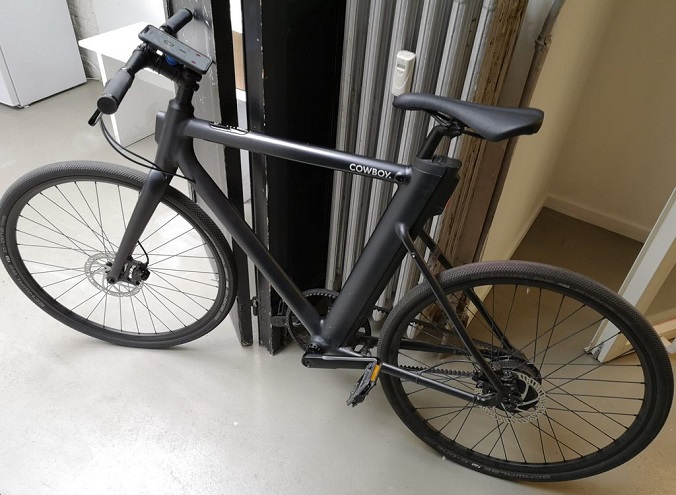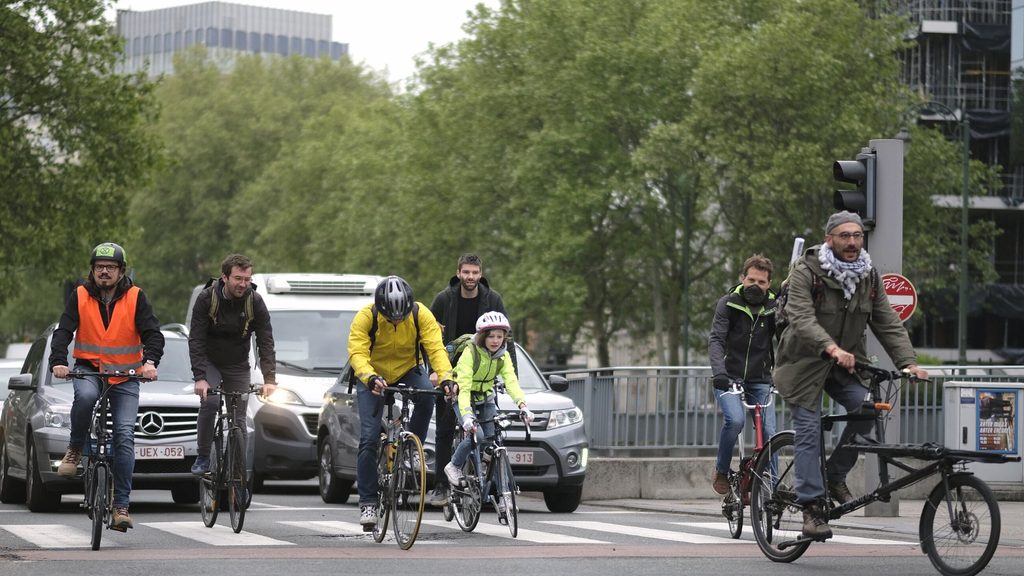Bike sales continue to go up in Belgium, growing by almost 20% in 2022 compared to 2021.
Certain bikes, such as electric cargo bikes are particularly popular with sales increasing fivefold. But these high-end bikes come with a hefty price tag, leading more and more banks to offer "bike loans".
The Brussels Times spoke to Holger Haubold, IP and Data Collection director at the European Cyclists’ Federation (ECF), about the phenomenon and whether the need for bank loans means that bicycles are getting too expensive at a time when organisations and the Belgian government are trying to encourage people to adopt more sustainable forms of transport.
“As a consumer organisation, we want to see a market where people at any price point can choose from a broad range of bicycles. Prices would be kept in check through fair competition."
But Haubold stresses the importance of quality, arguing that this comes at a certain cost: "In countries where people cycle a lot, for example the Netherlands, the average cost of bikes is fairly high. We think this is linked to the fact that if you cycle a lot – like every day – you need a high-quality bike... Buying a cheap one is a false economy because they will often break or will be uncomfortable."
In these cases, Haubold says that loans can help to make bikes more accessible by lowering the financial threshold. But he asserts that there will be a tipping point somewhere.
Related News
- Brussels wants to pay people to get rid of their cars
- How Brussels got its mobility act together
- Europe spends €32 billion per year in company car subsidies, Belgium tops list
The ECF pushes for governments to do more to encourage the uptake of bicycles. This could be additional or alternative measures to bank loans. Haubold highlights the subsidies that have been made available for people who buy electric cars and would like to see similar assistance for e-bikes.
Other ideas are purchase premiums and tax incentives for cycling to work. Since last year, EU Member States can apply reduced VAT rates on bicycle sales but so far only Portugal and Luxembourg have done so.
Bank loans in Belgium
Among the bank-led initiatives in Belgium are those launched by Crelan and Axa Bank five years ago. These offer For sums from €2500, the payments in this initiative can be spread out over one to seven years.
Since the launch, several hundred customers each year have taken out loans to buy a bike, especially during the spring and summer months. But with the recent increase in interest rates, these banks have seen a reduced appetite for bike loans.
"Rates vary every day depending on the market," explained a spokesperson for Crelan and Axa Bank. “At the moment it is around 4% so for a bike loan of €3000, the repayment is about €105 per month for 30 months.” After 30 months, the customer will have paid €3150 – of which €150 is interest paid to the bank.

A popular and convenient option to get around town, bikes such as the Cowboy smart electric range come with a considerable price tag. Credit: Belga
Haubold quoted offers from several other Belgian banks that seek to offer favourable terms. “What's interesting is that the interest rate is much lower than with the banks’ general-purpose small loan facility... If you look at interest rates with banks, they’re always determined by general conditions like the central bank interest rates but also the risk the bank is taking is included in the price. If the interest rates they are offering are much lower then that suggests that the risk of default by the loanee is much smaller.”
Haubold cites a government-supported loan scheme in Scotland where people can get a totally interest-free loan to buy a bike that they can pay back within four years. He argues that the initiative could be replicated elsewhere.

